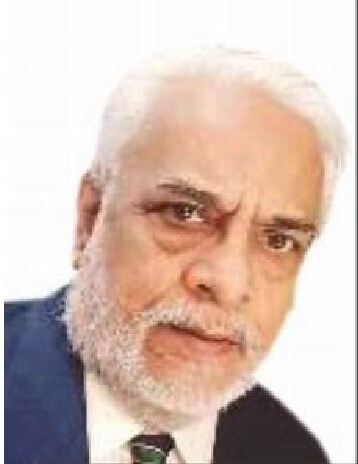Dec, 2022
India’s National Security: Integrating Idea with the Policy Making

Prof. Gautam Sen
Distinguished Fellow, PPFPolicy is an outcome of opportunities and resources. What has to be determined is whether the opportunities are existing and the resources are adequate to exploit the opportunities to enunciate a policy for implementation. In a democratic system of governance any policy, confidential or otherwise, falls in the domain of Public Policy nomenclature and its creation must be holistic in nature, incorporate the consensus in amongst the stakeholders. The stakeholders comprise of the representatives of the relevant public sector, the private sector and the public intellectuals at large. The public sector represented by the government which provides the priorities, the rationale and the fiscal and financial outlays by defining the parameters of the policy making within the framework of national interest and political ideology. The private sector must act as a means to achieve the goals by providing the platform for creating a startup in the field of technology and deployment of appropriate manpower. The public intellectuals may belong to the academia or the activists, the advocators, the non-government bodies, the legal experts etc. etc... They work in the abstract area of ideas to work out a framework where they provide a strategy to bridge the gap between the realm of ideas and the domain of public policy making by synergizing the Public and the Private Sectors in an interdependent mode and hence evolve a win-win situation. The conceptualization of this above model is explicitly and implicitly for incorporation in a democratic form of governance which is transparent in nature, where the spirit of debate and the freedom of speech is taken for granted, and where the elected representatives in the legislature, leaders of the private sector and the public intellectuals can all be synergized in a unified, constructive and ethical ways within the legal framework of the Constitution. This conceptualization of the above model of policy making is being evolved in this deliberation particularly in the Indian context and specifically in securitizing the Indian national security domain which has experienced a series of catastrophes from within its post independent period in the last century and continuing threats from without in the 21st century and hence have to be formulated in terms of larger goals and aspirations to which this civilizational community of India has committed itself with the objectives of achieving;
To read the full text of the paper, dowload it from the link below
Download